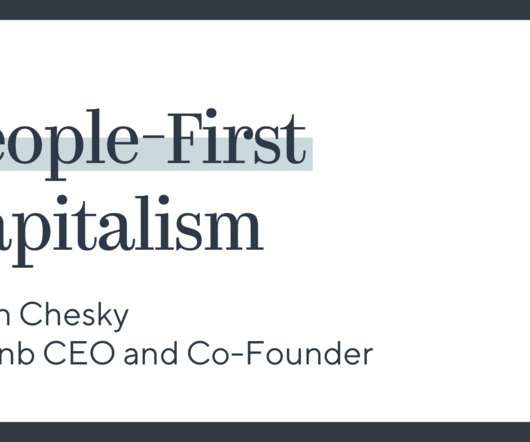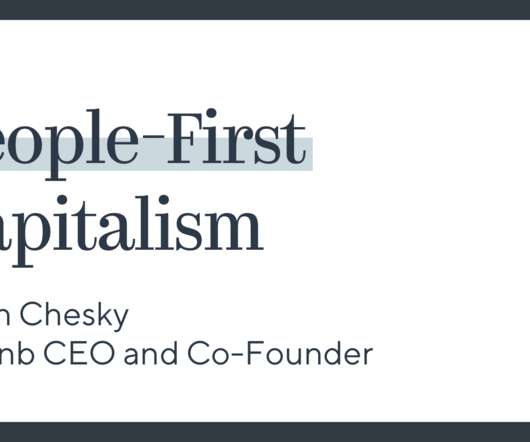Startup Funding – A Comprehensive Guide for Entrepreneurs
ReadWriteStart
JUNE 1, 2020
Reasons for funding. ? Scale up your operations. One of the most prominent reasons for funding is to scale up your operations, for expansion and achieve economies of scale. Now you may want to scale up your operations or expand your presence. The third reason is to fund your short term operational expenses or working capital.

































Let's personalize your content